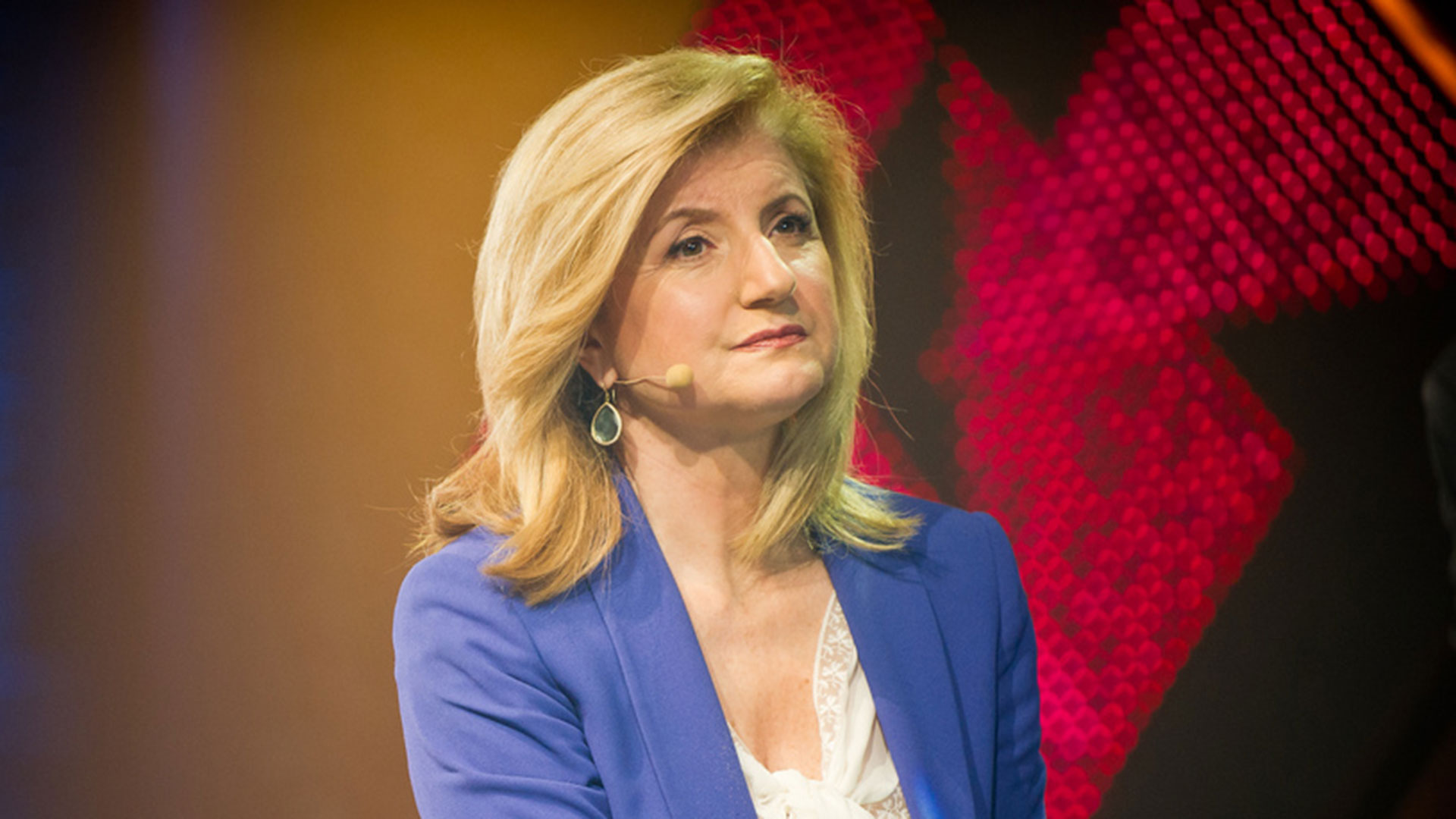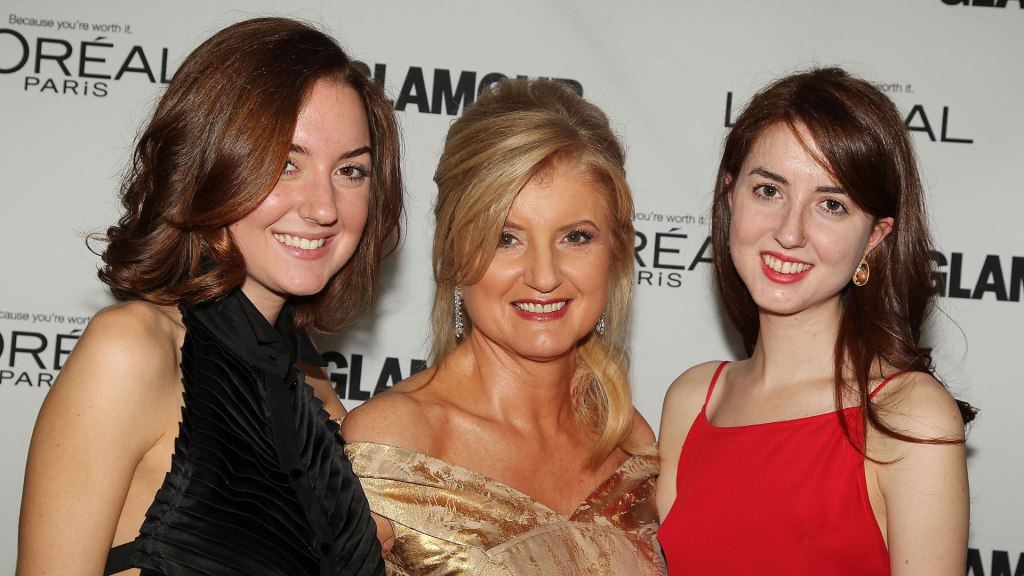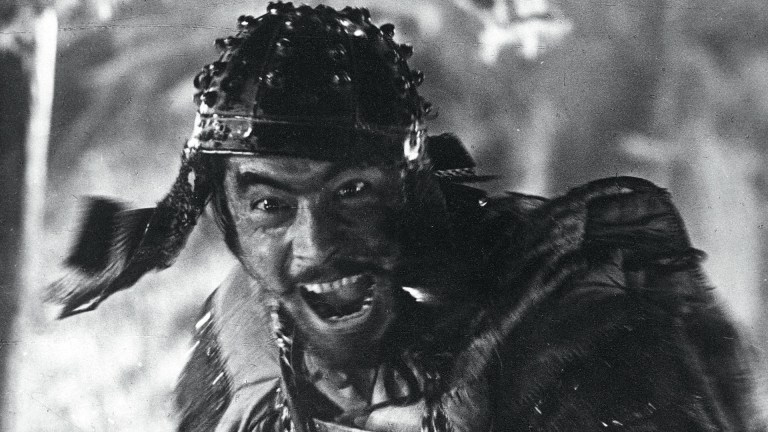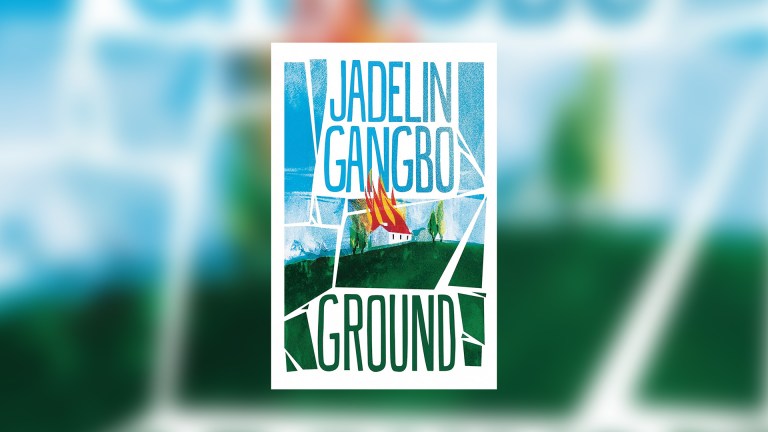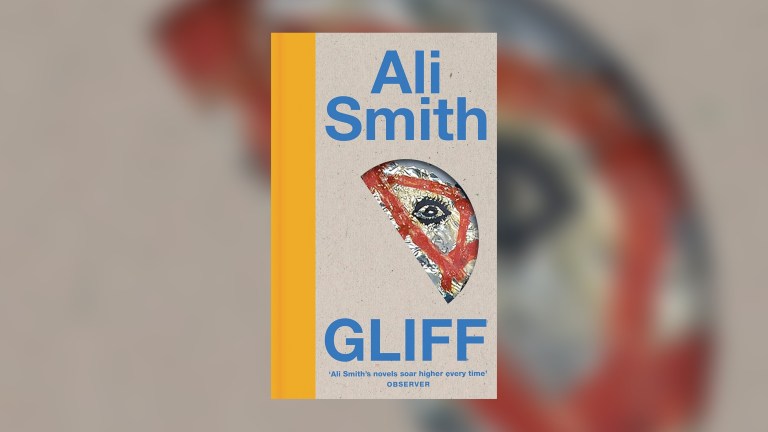At 16 I was living in Athens, and I was really working hard at school. I was a very focused teenager, full of hope about going to Cambridge. I knew nothing about it except what I’d seen in a photograph in a magazine but from that I fell in love. I went off to the UK after taking my exams – it was a long journey and I was nervous, not knowing if I would be able to get into Cambridge. My mother was the only person who completely supported me. She always made me feel I could try, and if I didn’t get in, she wouldn’t love me any less. She always gave me that sense of being able to take a risk.
People find it hard to believe but I was an introvert when I was a teenager. There were lots of things that worried me. I had very frizzy, super curly hair, I was incredibly tall for a Greek girl – 5’10 when I was 13. Most of my classmates were about five foot nothing, so I was freakishly tall. I had acne to deal with. I had a lot of teenage problems, which may be why I chose to lose myself in books. If I could go back I’d tell that girl: “Arianna, you will be more productive and healthier and happier if you can commit to not only working hard but also unplugging, recharging and renewing yourself. This will save you a lot of unnecessary stress, burnout and exhaustion.” I would also reassure her that her skin would get better and she would learn to blow dry her hair.
When I got to Cambridge, I didn’t think about how I might have power or use power but I loved debating
I was always politically interested. I would watch any kind of election result, even in a country I knew nothing about. When I got to Cambridge, I didn’t think about how I might have power or use power but I loved debating. I was a terrible speaker when I started, I had to read everything. Then little by little I learned how to speak. That became my main passion at Cambridge. Obviously, I studied economics and that took a lot of time but the main chunk of my time was at the union.
Becoming the [third female] president of the Cambridge Union was a big turning point. That’s when an English publisher reached out to me and offered me a contract to write a book. It was never what I thought I’d do. I had applied to Harvard, and my plan was to go there after Cambridge. So it was really fate that made me become a writer. I wrote my first book, The Female Woman, about the changing role of women, when I was 23 years old and I immediately knew I had landed. Suddenly I wanted to be a writer.
If I could go back and rewrite The Female Woman I’m sure the writing itself would be unrecognisable. I hope so, I think I’ve learned a lot about writing since then. But I still agree with the message of that book, that we need to respect women whatever choices they make in their lives. At that time, women who did not have a career were scorned and devalued if they chose to be mothers and wives. I argued for equality for all women. So it was very hurtful, some of the ways the book was received, the way the media presented it [many criticised it as an attack on ’60s feminism]. I learned a lot then about how, when something is misrepresented, it’s much harder to speak the truth about it.
There were many pivotal moments in my young life. Some external – getting into Cambridge, being asked to write a book, the book becoming a bestseller, translated into multiple languages. But there were also crucial internal moments – a mid-life crisis at 23, when I asked myself, is this what my life will be like? Is this all there is? I think I realised during my first book tour that I wanted to have a deeper connection to myself and not just focus on my career. That began a quest for a deeper meaning in my life, which has lasted ever since. I was always drawn to the spiritual life. I spent a few months after high school in India studying comparative religion at Visva-Bharati University in Calcutta. It’s been a long journey for me.
